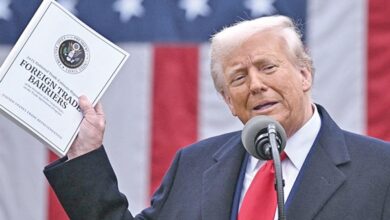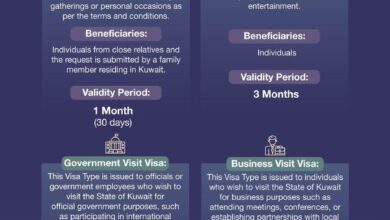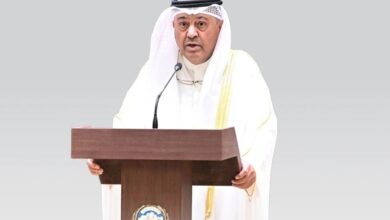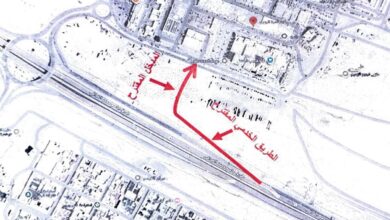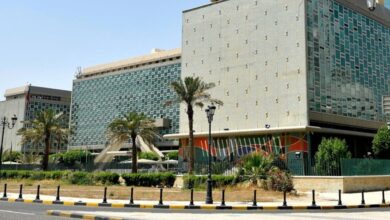
The American Chamber of Commerce (AmCham) Kuwait’s Women in Business Focus Group hosted their second Diversity & Inclusion Diwaniya of 2024. The event featured a dynamic discussion on capacity building and mentorship best practices, with notable attendees including several leading professionals, NGOs and industry experts.
Dr. Arezou Harraf opened the event by emphasizing the importance of developing impactful initiatives through the series of Diwaniyas.
The discussion explored how to synergize mentor-mentee relationships and identify skill gaps to ensure effective mentorship. Dr. Harraf highlighted the need for mentors who complement the mentee’s skill set and strategic positioning within organizations.
Key discussions, insights:
- Effective mentorship matching: Key speakers highlighted the importance of scientifically and objectively matching mentors and mentees based on career stages, goals, and skill needs. They discussed the use of assessments and psychometrics to ensure compatibility and success.
- Structured programs and training: Participants emphasized the need for structured mentorship programs with defined timelines, regular meetings, and clear agendas. Training for both mentors and mentees was identified as crucial to clarify expectations and enhance the relationship.
- Awareness and accessibility: Raising awareness of mentorship resources within organizations and forming partnerships with NGOs, embassies, and professional networks to expand access, especially for underrepresented groups, was strongly advocated.
- Evaluation and sustainability: The necessity of setting up metrics to measure the success of mentorship programs, continuous review, and iteration based on feedback was discussed to ensure long-term effectiveness.
- Distinction between mentorship and coaching: Clarifying the differences between mentorship and coaching, and providing guidance on when each is appropriate, was considered essential for effective career development.
Participants from the UNDP reviewed the organization’s mentorship programs with the private sector, emphasizing the significance of value-added relationships. Representatives from the US embassy also outlined the State Department’s mentorship approach in navigating the challenges of a hybrid work structure. Additionally, private sector entities showcased their flash mentorship program designed to facilitate access to senior executives.
The discussion concluded with action items to enhance mentorship programs. Clear criteria for mentor-mentee matching based on career stage, goals, and skill needs should be established, with potential implementation of assessments to ensure compatibility. Training sessions for both mentors and mentees are essential to clarify expectations and best practices. Structured programs with defined timelines and agendas will maintain focus and progress, supported by digital platforms for analytics and data collection.
Increasing awareness of mentorship resources within organizations and through partnerships with NGOs, embassies, or professional networks will expand access, especially for underrepresented groups.
Regular evaluation and iteration of mentorship programs based on feedback will ensure sustainability and effectiveness. Distinguishing between mentorship and coaching, and adapting programs to fit cultural and organizational contexts, are also crucial for success.
Dr. Harraf concluded the Diwaniya by reiterating the need for measurable initiatives and continuous improvement to ensure mentorship programs lead to tangible outcomes. The event underscored the importance of mentorship in career development and organizational growth, setting the stage for future impactful discussions.










